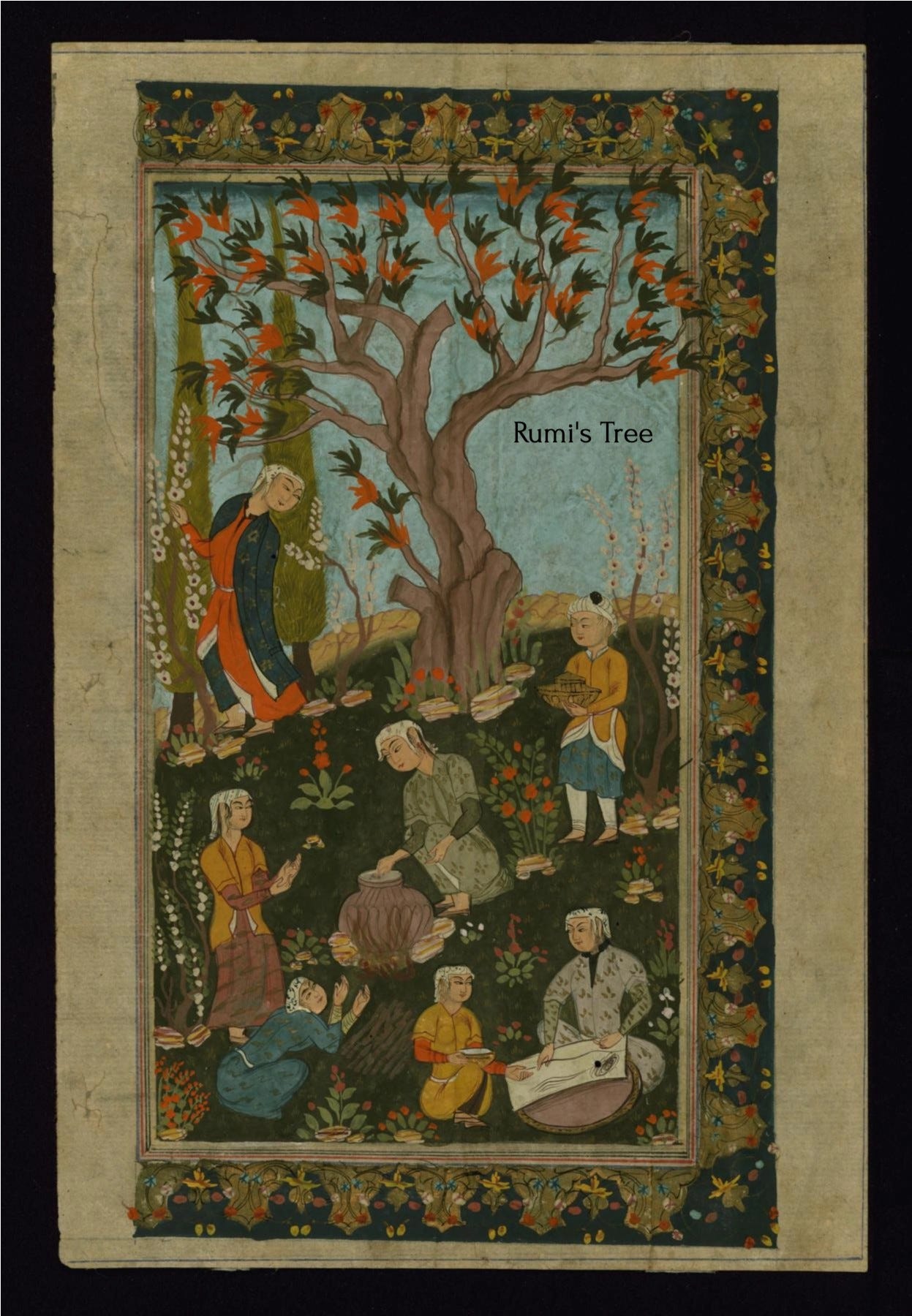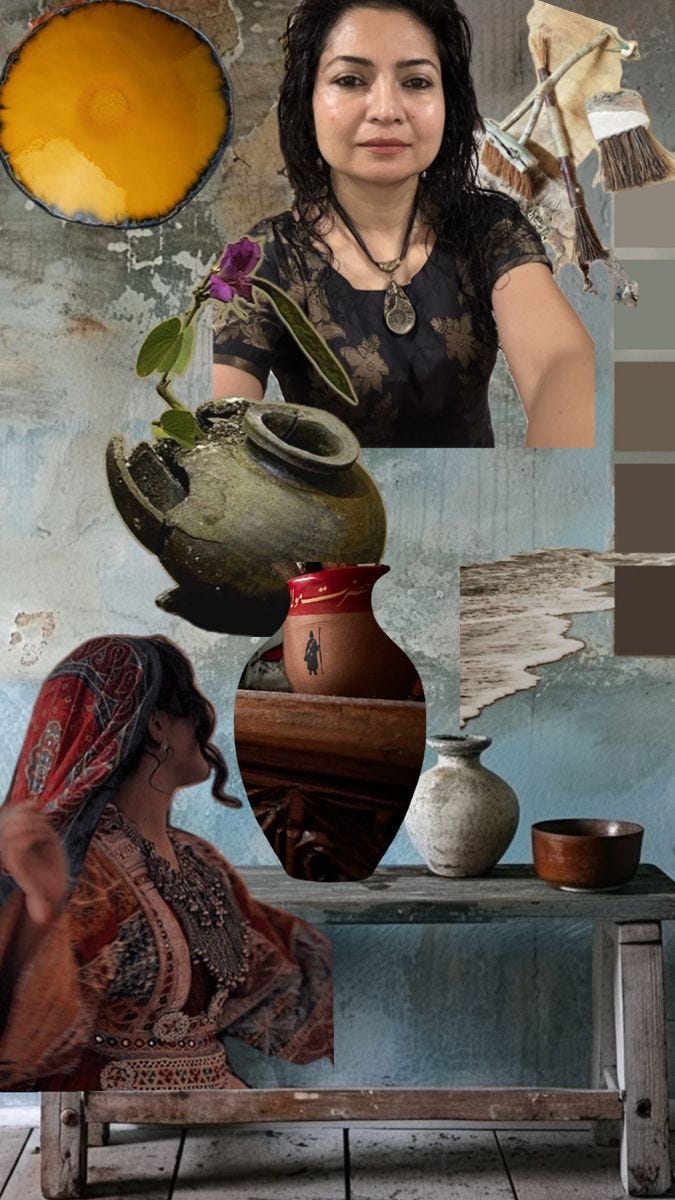
here my soul comes first, then the words.
this place;
here, where I meditate,
and begin to poem.
-Shaza ( شذى , Shd'ha )
Poetic storytelling must have been one of the earliest forms of spoken literature for narrating past experiences, emotions and enigmas to a circle of familiar and far away persons. It may have been a way of teaching myths and tales of deities which arose from natural phenomenon and mesmerised the humans of ancient times.
Perhaps, a phrase would stimulate diverse associations and connect images, arouse assumptions, and symbolise a meaning to the listener.
Maybe an afterfeather from an angel’s wing swirled gently upon a healer or vagrant traveller who took upon themselves to prepare and become refined orators of the sights and sounds they had observed.
If various sources on the web search engines mention that the English language has more than 25,000 verbs, then I would like to know if we can be allowed to add one more relevant to today’s literary field of expanding boundaries- to poem.
Delightful to the senses isn’t it? To poem my way on to the paper.
The angel is saved by his knowledge, the beast is saved by ignorance.
-RUMI-
We all value poets in our fragmented ways, in society and print and more so online, but there are many poems and languages which are never known but have been appreciated, translated and fervently curated by proficient scholars, writers and ardent researchers from the English language part of the world. These ethnically enriched poets may give a perspective, and gently blow their spirit into historical events, nature, psychology of the people and place, which otherwise, may not be possible for many to feel or imagine. Poets of indigenous origins lend animation to their surroundings. Poets of the colour of the desert with sea-wave hair, infused with rose which is carried by a scirocco, were a geometrical humanoid. These poetic people are often sprouting from unfavourable circumstances with desire of Divine inclination for knowledge, enlightenment and all those characteristics we often now find being quoted, sold, made into alternate medicine, exercise, entertainment, research and best-sellers. These indigenous emotional cues in poems are then, I assume, a curated forms of literature which are admired and learnt as liberal art forms by many of the developed and far more organised and democratically pivoted societies compared to those according to developmental goals set by a handful of comfort-seekers.
Aside those known in the Western faculties as Black, these coffee or olive-skinned poets bow down; prostrate to the Unseen cosmic energies and listen to the conversations amongst the ants who sedgeway their caravan with care amongst hooves of Arabian horses.
I don’t write poetry in any of the exotic and rhythmic languages but have a love for origin stories and ancestral inheritances in forms of literature, art and history. I am willing to acknowledge that I possess a much neglected ear partnering a broken tongue for Urdu, Arabic and Persian poetry. I have now come to appreciate the plasma I flow with, from the Himalayan tribesmen, crossed with the Afghan artisanal family bloodlines and fused by the neural messages from the arduous walks of my great, great, great elders over the Gangetic plains, and trekking into the cleave of the Hindu Kush. I often share this love through snippets on Instagram and Threads.
Substack is something which is magnetically drawing in poets and writers, and I just thought to bring one of my curious passions on to Poetry Apothecary. This is when I decided, to initiate something within this newsletter and encourage poems of ethnic and indigenous sensory wordscapes to be presented in one place.
I came upon the title of ‘Rumi’s Tree’. It is because of my daily reading of Mevlana’s verses, his life, and his global reverence for being I believe an ‘Ambassador of Eastern Verse’. I have had a cosmic intervention, when I made an intuitive plan to travel for the first time to Konya, Turkey and offer my gratitude in his city and to his legacy after experiencing visions of his turquoise-green dome in my dream. Surprised to discover online after a web search, that it is his resting place…
This may not be a final ‘About that Rumi’s Tree’ piece, but I am going to take advantage of time, the endless draft parking space on Substack and the reader’s curiosity to this section of my newsletter which is very close to my quest of origin literature, ancestral reading circles, and passing the poetic tales through generations.
I leave you with a stanza and my Salaam- peace.
one night Shamans came to us
from noble motives and meaningful exchange.
They lit a fire and taught us
to preserve and
respect fire,
to treat certain illnesses with fire.
They taught us how to approach the horse,
and base their beliefs on the Sun,
and read the stars —
They have brought you:
your dance and song,
your honoring of the spring,
how to plough, grow and bake,
carpets and planes, and
prospecting for diamonds.-OLZHAS SULEIMENOV-
Original public domain image from The Walters Art Museum
At a very young age, he was lovingly and respectfully called ‘Our Master' or Mevlana, when he started teaching in Konya, Turkey. Rumi is from Diyar-ı Rum, ancient name of Konya, a province of Anatolia now called Turkey. Olzhas Suleimenov’s stanza translated by Belinda Cooke
I love writing and replenishing my roots. I want to share poetics of ethnic, indigenous peoples, having hybridized heritage and cherish lost treasures of words from lands of dismissed and suppressed origins.
All poetic journeys are out of curiosity, my own scavenging of tidbits of research in limited ways meaning no access to areas of literature and history except my father’s library, a lone bookshop at the verge of bankruptcy in the capital city of Pakistan which is my second home and zero libraries for the public. I try my best to not make many editing errors or grave oversights, but if I do please forgive and share your correction. I try to work in little snippets of time away from the intense responsibilities of single motherhood of two daughters, juggling the kitchen table, being an errands boy and chauffeur to my nuclear family and being committed to the South Asian nuances of restrictive travel and safe movement as a female.





Shaza, I have been in love with Rumi since I was a teenager. It was surreal reading this post. Beautifully constructed 🩷
I love how "to poem" captures everything that comes before, during and after the writing part!